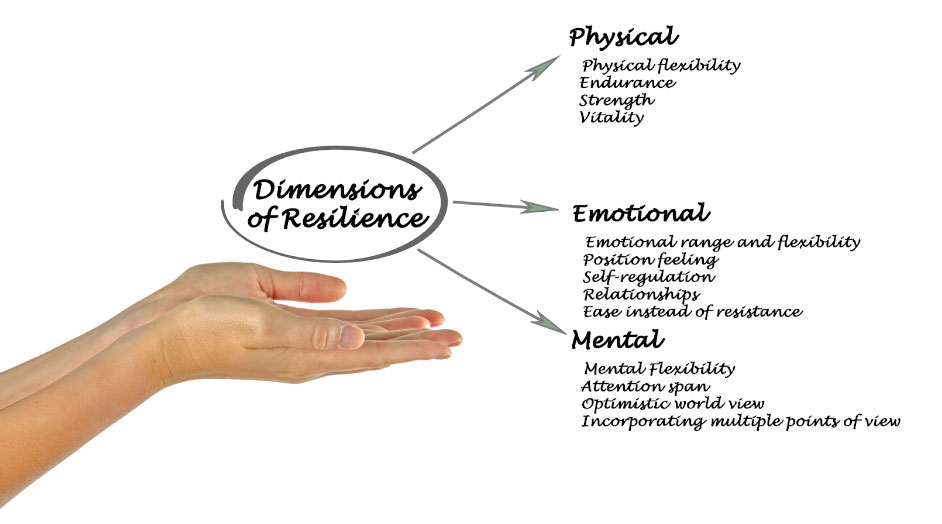The seismic shockwaves of the COVID-19 pandemic have reverberated through every facet of society. Among the most affected are children and young people, who grapple with disruptions to their routines and a world seemingly turned upside down. Families can face a huge range of uncertainties, as well as people on the front lines, so we have dedicated this article to exploring the escalating anxiety levels and what are the best practices in helping such families to find a new social equilibrium.
The Rising Tide of Anxiety
As the pandemic progressed, anxiety levels among children and families escalated to unprecedented levels, with Jones et al. (2021) underlining a staggering 25% increase in reported anxiety cases since the pandemic’s onset. As a stepping stone to helping families who find themselves in such situations, we must understand the reasoning behind these newly found anxieties.
Reasons are manifold, but the most prevalent are:
- Isolation in fear of the virus
- Disruptions in education
- Concerns about the health and well-being of loved ones
- Facing unprecedented economic instability
- Emotional tolls from direct or indirect exposure to tragedies
The emotional storm faced by the population caused unprecedented emotional disruptions (Spinelli et al., 2020 and Kang et al., 2020). And in the aftermath of the pandemic, we must now guide our society towards best practices for alleviating and surpassing the emotional toll suffered.
Best Practices for Alleviating Anxiety
Embracing Flexibility and Adaptability
In a world of constant change, the ability to adapt becomes paramount. Families are encouraged to embrace flexibility, recognizing that adapting to new circumstances is a sign of strength, not weakness. By fostering an environment that values adaptability, children can learn to navigate uncertainty with resilience.
Strengthening Emotional Literacy
Open conversations about emotions can provide children and young people with the vocabulary to express their feelings. Encouraging them to articulate their concerns fosters a sense of control over their emotional well-being. As such, this empowers them to better confront and manage anxiety feelings (Loades et al., 2020)
Cultivating Gratitude and Mindfulness
Practicing gratitude and mindfulness can be powerful tools in managing anxiety. Engaging in daily reflections on positive experiences and cultivating an awareness of the present moment will have a strong positive impact in strengthening the mental health of every family member (Cherpitel et al., 2020).
Building and Maintaining Connections
The importance of social connections cannot be overstated & while many still struggle with face-to-face interactions, virtual interactions, online activities, and scheduled video calls with friends and family provide a lifeline of social support. In the aftermath of the pandemic, these connections have remained a strong buffer against feelings of isolation (Marques de Miranda et al., 2020).
Taking advantage of our Professional Support at Psychology Direct
When anxiety persists or intensifies, seeking our professional support is an essential step. Mental health professionals, armed with evidence-based interventions, can offer specialized guidance tailored to the unique needs of each individual and child (Racine et al., 2020). Through our assessments in both the Education and Legal sectors, we can formulate a step-by-step path that will lead to achieving better outcomes. Our expertise will work as a guiding and complementary tool in the efforts of families to support the well-being of their loved ones, children or otherwise.
Conclusion
In the aftermath of the pandemic, anxiety stands tall as a formidable adversary for children, young people and families. By understanding the unique challenges they face and implementing evidence-informed practices, we can formulate a clear path to navigate these turbulent waters. Through adaptability, emotional literacy, gratitude, social connections, and using our professional support, families can foster resilience in the face of uncertainty.





